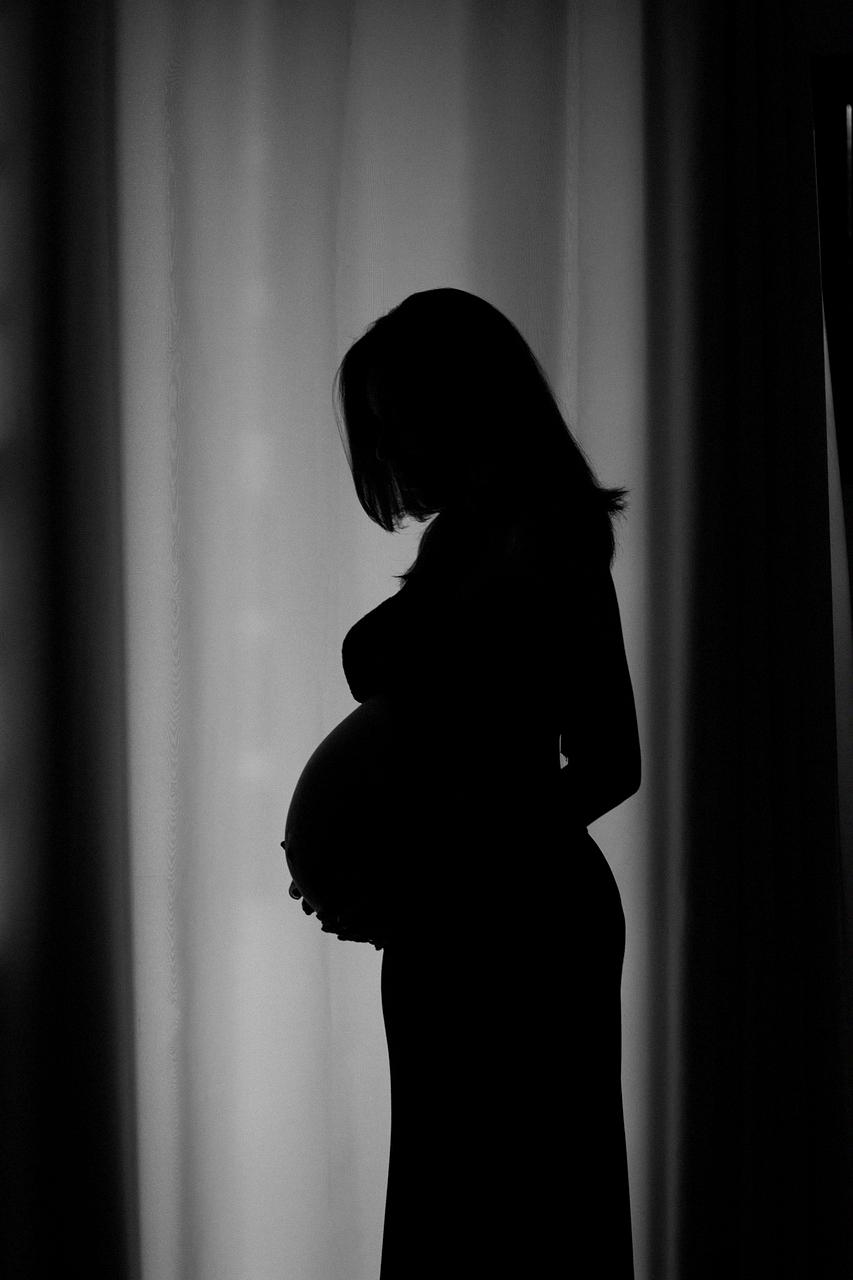Experiencing nightmares during pregnancy is a common phenomenon that many expectant mothers face. It can be unsettling and leave you feeling anxious or frightened upon waking up, but it’s essential to understand that this is a normal part of pregnancy for some women.
Emotional Changes in Pregnancy
Pregnancy is a time of significant emotional and physical changes. The hormonal fluctuations and stress of anticipating motherhood can lead to heightened anxiety and emotions, which may contribute to the occurrence of nightmares.
Increased Vulnerability to Stress
During pregnancy, the body is more sensitive and vulnerable to stress. This sensitivity can affect the quality of your sleep and contribute to the frequency of nightmares. Stressful events or concerns about the pregnancy and impending motherhood can play a role in the content of these dreams.
Hormonal Shifts and Dream Activity
Hormonal changes in pregnancy can also impact dream activity. Fluctuations in hormones such as progesterone and estrogen can influence the content and intensity of dreams, making them more vivid and potentially disturbing. These hormonal shifts may contribute to the occurrence of nightmares.
Subconscious Concerns and Fears
Expectant mothers may have subconscious concerns and fears related to pregnancy, childbirth, and parenting. These underlying anxieties can manifest in nightmares as the mind processes and attempts to make sense of these emotions and uncertainties.
Body Changes and Discomfort
Physical changes in the body, such as discomfort, aches, and pains, can also impact sleep quality during pregnancy. Discomfort while sleeping can lead to fragmented sleep patterns, which may result in a higher likelihood of experiencing nightmares.
Processing of Emotions and Stress
Dreams, including nightmares, can serve as a way for the brain to process emotional experiences and stressors. Pregnancy brings about a range of emotions, and nightmares may be a reflection of the mind’s attempt to cope with these feelings and anxieties during this transformative period.
Role of Pregnancy Dreams
Dreams have long been studied for their psychological significance. During pregnancy, dreams may serve as a way for the subconscious mind to address fears, desires, and uncertainties about the future. Nightmares, in particular, may highlight specific worries or concerns that require attention.
Importance of Self-Care
Managing stress and prioritizing self-care are essential during pregnancy to promote overall well-being and mental health. Engaging in relaxation techniques, seeking support from loved ones, and practicing good sleep hygiene can help alleviate stress and reduce the likelihood of experiencing nightmares.
Communicating with Healthcare Providers
If nightmares during pregnancy become frequent or overly distressing, it’s important to communicate with your healthcare provider. They can offer guidance and support, as well as assess if there may be underlying factors contributing to the nightmares that require attention.
Normalization of Nightmares
Understanding that experiencing nightmares during pregnancy is a common occurrence can help alleviate some of the anxiety surrounding these dreams. It’s essential to remember that these dreams are a reflection of the changes and emotions experienced during pregnancy and are a normal part of the journey to motherhood.
Conclusion
In conclusion, nightmares during pregnancy can be attributed to a combination of emotional changes, hormonal shifts, subconscious fears, and physical discomfort. By understanding the factors that contribute to these dreams and prioritizing self-care and support, expectant mothers can navigate this aspect of pregnancy with resilience and confidence.

